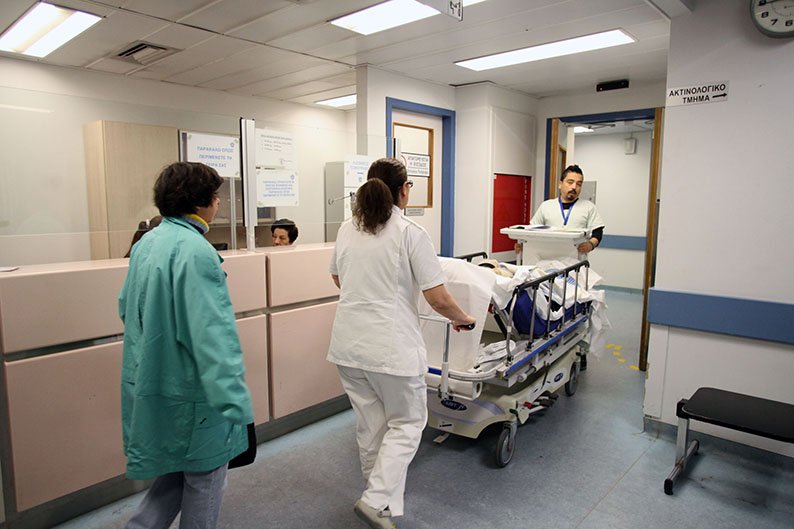Some clinics may be forced to suspend their operations and operations may have to be postponed if Cyprus’ nursing shortage “is not resolved immediately”, the employers’ and industrialists’ federation (Oev) said.
They said Cyprus’ nursing needs have “proven to be unable to me bet either by the local or by the European labour market” and cited similar nursing shortages faced by countries across the European Union.
For this reason, they said, the “only way out” is for nurses to be hired from third countries, and for third country nationals who study nursing in Cyprus to be “utilised” in the domestic market.
Newspaper Phileleftheros reported on Friday that Cyprus is between 450 and 500 nurses short of the minimum required to cover all the gaps in the country’s health service, though this number will increase as nurses retire.
In addition, they said there are around 400 nurses studying on the island, of whom 120 are expected to graduate this year. However, not all of them will be able to immediately join the labour force as some of them are not EU citizens, and even some of those who are will be unable to meet the minimum Greek language requirement to be hired.
Meanwhile, private hospitals’ association (Pasin) chairman Marios Karaiskakis said Cyprsu no longer has time “to delay or disagree”.
“The problem is already here. Hospitals are already struggling with staffing and cannot easily find staff to hire. If we do not act in a timely manner … we will not be able to meet our needs as a state at all,” he said.
He said his association had suggested giving young people incentives to study nursing, and for tighter legislation to determine the quotas of nursing in various sectors.
On the matter of hiring third country nationals, he said his association “has been proposing it for a long time.”
“We have third country nationals who study in Cypriot nursing schools. We can and must make use of them. In addition, we can import nurses from third countries and the hospitals which will employ them will have an obligation to ensure they learn the Greek language,” he added.
Fears of staff shortages are coming to light weeks after trade union Pasydy’s nursing branch said nurses are “often treated with contempt” in Cyprus.
Earlier, nurses’ union Pasyno and the European Federation of Nurses’ Associations on Friday penned a joint letter to Health Minister Michalis Damianou, expressing concern regarding training of nurses in Cyprus in relation to the European Union’s mutual recognition of standards and professional qualifications.
Their concerns relate to the planned reduction of the number of hours in Cyprus required to train a nurse to 3,800. Such a reduction would not comply with the EU minimum of 4,600 hours, which nurses say could endanger patient safety and will infringe upon their human rights.
In the letter, they said Cypriot nurses’ EU freedom of movement “will be jeopardised if we discard the directive”, as their qualifications would no longer be recognised as having met the minimum European standards.
In addition, they said, research carried out over the last three decades “shows that a 10 per cent reduction in nurses’ education increases patient mortality by seven per cent”.
They added, “patient health and safety is of paramount importance, especially in these very difficult times. If we want to be better prepared for the next health crisis, in whatever form it may come, we must not lower the barrier for nurses to qualify.”







Click here to change your cookie preferences